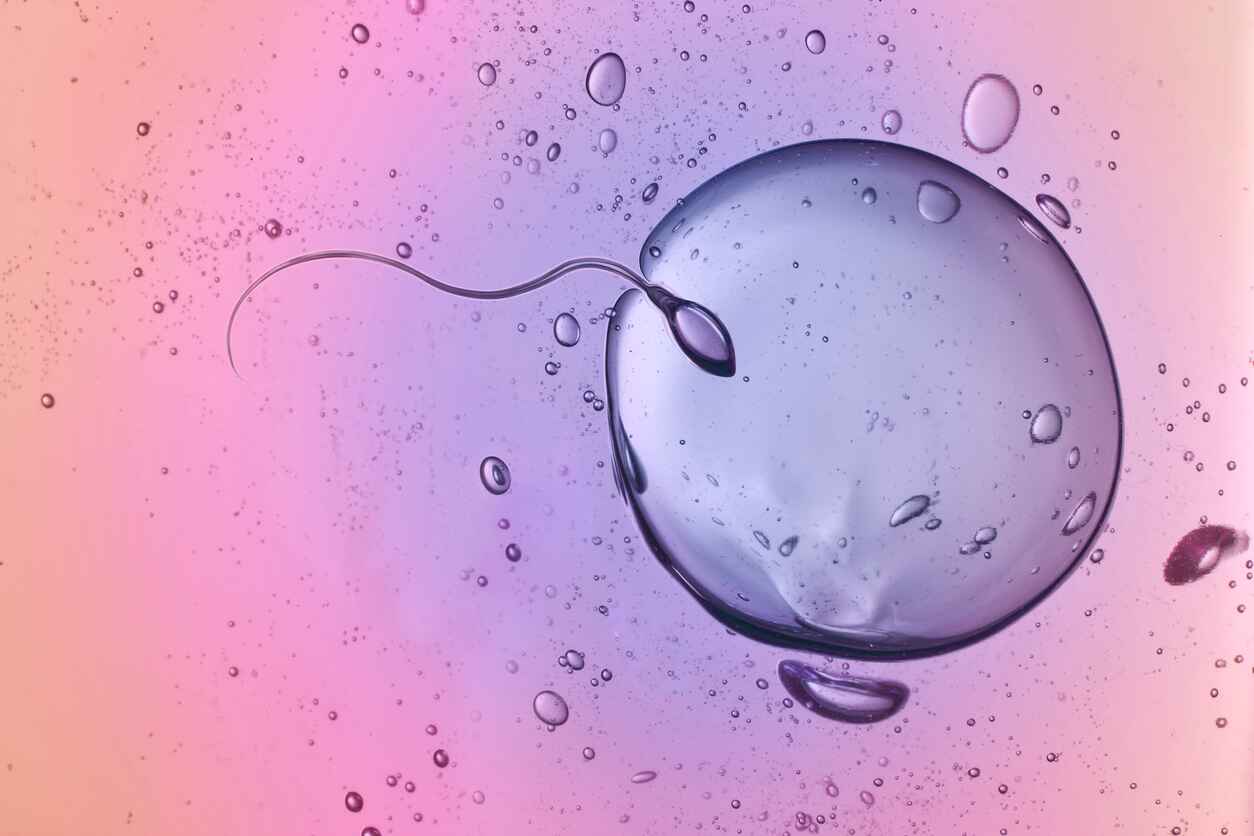A study of online sperm donors markets shows women value more than just money when it comes to choosing a father for their children.
QUT behavioral
QUT behavioral economists Stephen Whyte and Benno Torgler surveyed 70 women shopping for sperm donors through the web, instead of traditional fertility and IVF clinics.
“We’re interested in cognitive, psychological or emotional factors that are involved when people make decisions,” Mr Whyte said.
“Probably the biggest economic decision you’ll make in your life is your choice of partner, and having any subsequent offspring.”
“This is an opportunity for women to go out and choose a donor that fits their aesthetic, the purely physical characteristics that they’re after,” he said.
“But the study actually shows the most important things to women when they choose a donor in this online market are behavioral traits, things like kindness, openness and reliability.”
Mr. Whyte noted that parents taught those traits, arguably making them negligible in choosing a donor, but women still rated them as most important.
He said the study also showed women didn’t value a high-profile or high-earning careers as much as popular wisdom suggested.
“They’re putting behavioral raits at the top, physical aspects like eye color and hair color next, then, at the bottom, the least important things are income and occupation,” Mr Whyte said.
“It’s a step away from the evolutionary psychology argument that women favor resources or indication of resources [in a partner], to help them bear the heavy burden in having kids.”
Bioeconomics
The world-first research will appear in the Journal of Bioeconomics, but Mr. Whyte stated it wasn’t the end of the work.
“These sorts of sperm sharing websites have only been around for about five years, and what’s going to be interesting is will that change, and will more women seek to use these services?,” he said.
“It will be interesting to do a larger study into the why – are they going to those services to get better contact than at current fertility or IVF clinics?”
He also mentioned that work would focus on the male side of the equation.
“When we did the survey we collected both women participating, and men donating, but we’re still in the process of finishing the paper on the men,” he said.
“But it’s the same thing… why are men happy to participate in this online sperm marketplace, when a regular donation at a clinic is completely anonymous?
“It’s a change in the way the human race is mating.”


